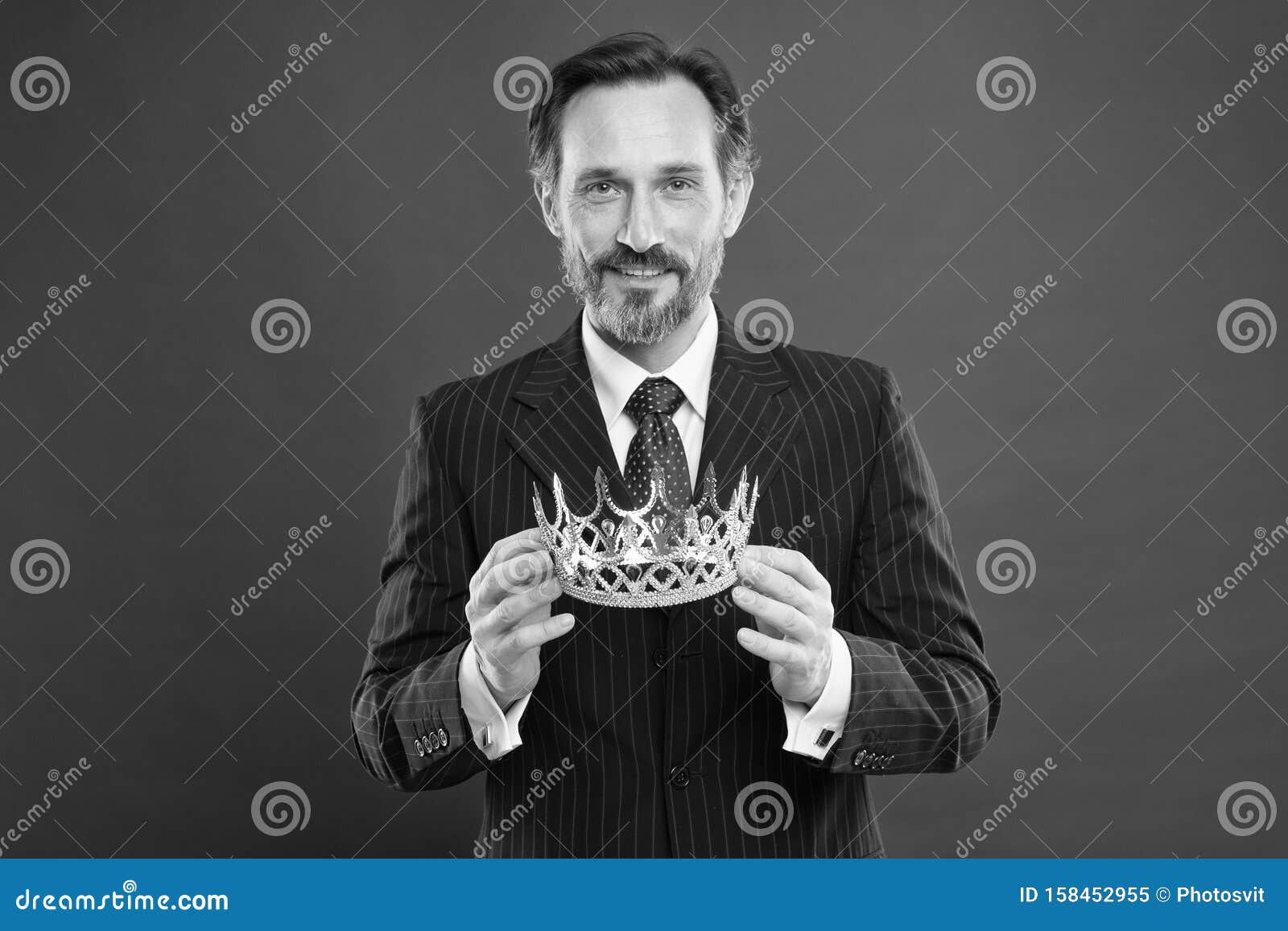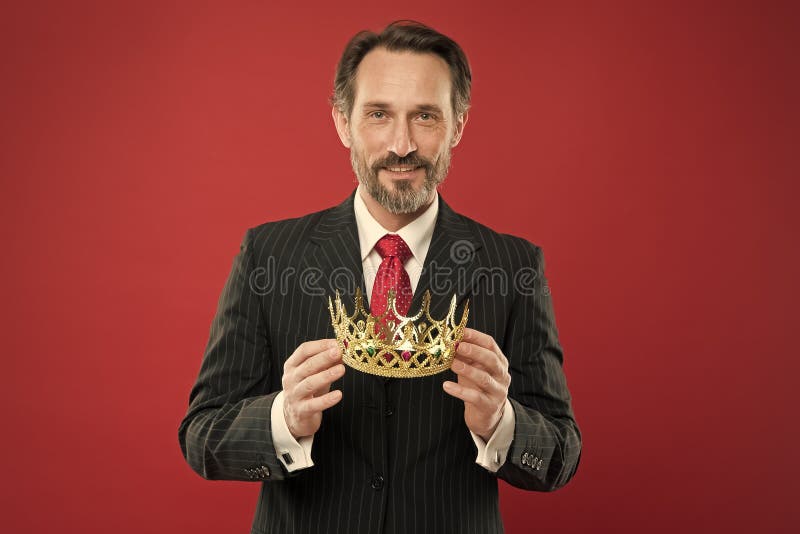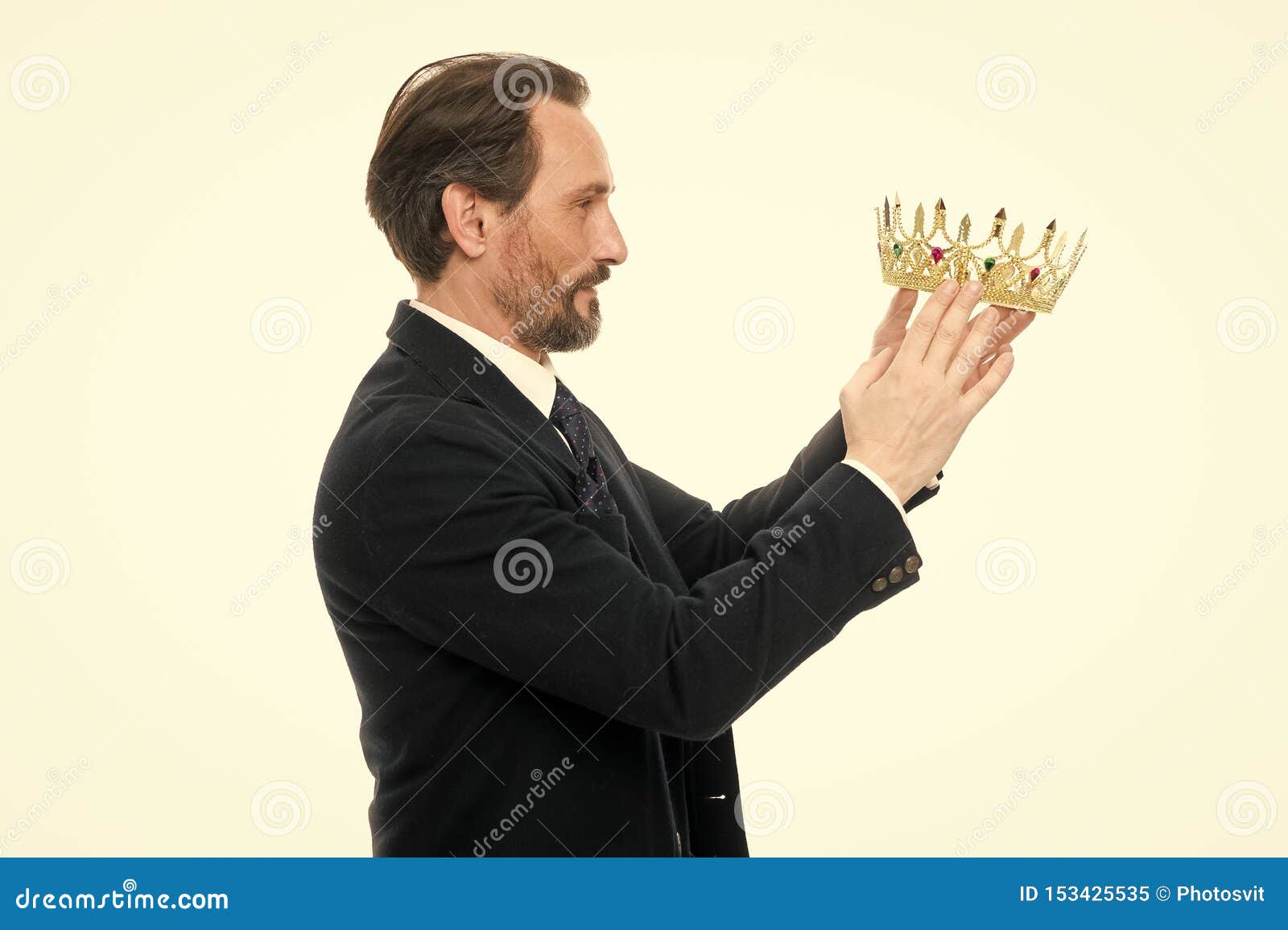Ever wondered if crown families still cling to those age-old monarchy traditions? You're not alone. In today's world, where everything seems to be evolving at lightning speed, it's fascinating to see how royal families balance modernity with centuries-old customs. Whether it's weddings, coronations, or even the way they dress, these traditions shape their public image and cultural significance. So, let's dive into the heart of this question and uncover the truth.
Let's be real here—royalty has always been surrounded by a veil of mystery and intrigue. From the lavish ceremonies to the strict protocols, there's so much more than meets the eye. Crown families, particularly in countries like the UK, Sweden, and Japan, have a unique responsibility to preserve their heritage while also adapting to the times. But how exactly do they pull it off? Stick around, and we'll break it down for you.
Before we jump into the nitty-gritty, let's address the elephant in the room. Why does any of this matter? Well, monarchy traditions aren't just about fancy gowns and golden crowns. They represent history, culture, and a sense of continuity in an ever-changing world. For many, these traditions are a source of pride and identity. So, buckle up as we explore whether crown families are still keeping the flame alive—or if they've let it flicker out.
Read also:Evolved Fights Sex Exploring The Intersection Of Combat And Intimacy
Understanding Monarchy Traditions
First things first, let's get our heads around what exactly we mean by "monarchy traditions." These aren't just random rules someone made up one day. They're deeply rooted practices that have been passed down through generations. Think royal weddings, coronations, state banquets, and even the way royals address each other. Every detail is meticulously planned and executed to uphold the dignity of the crown.
One of the most iconic traditions is the coronation ceremony. It's not just about putting a crown on someone's head—it's a symbolic ritual that signifies the monarch's divine right to rule. In the UK, for example, the coronation takes place at Westminster Abbey, a tradition that dates back over 900 years. Now, that's what I call sticking to your roots!
Why Do Monarchy Traditions Matter?
But why do these traditions hold so much weight? For starters, they provide a sense of stability and continuity in a world that's constantly changing. Imagine a country without its royal heritage—it would be like a book missing its first chapter. These traditions help connect people to their past and give them a shared identity.
Plus, let's not forget the economic impact. Royal events like weddings and coronations bring in tons of tourists and generate massive media coverage. It's like a global party where everyone's invited. So, it's not just about tradition—it's also about business.
Do Crown Families Still Follow These Traditions?
Now that we've laid the groundwork, let's tackle the big question: Do crown families still follow these monarchy traditions? The short answer is yes—but with a twist. While many traditions remain intact, royal families have had to adapt to modern times. After all, you can't exactly run a country in the 21st century without embracing change.
Take the British royal family, for example. They've managed to keep their traditions alive while also modernizing certain aspects. Prince William and Kate Middleton's wedding in 2011 was a perfect blend of old and new. They stuck to the classic royal wedding format but added personal touches, like Kate's choice of gown and the decision to include more "commoners" in the guest list.
Read also:Adam Savage Kids A Closer Look At The Family Life Of A Mythbuster Legend
Modernizing While Staying True to Tradition
So, how exactly do crown families modernize without losing their authenticity? It's all about finding the right balance. For instance, many royal families have embraced social media as a way to connect with the public. The British royals have their own Instagram account, where they share behind-the-scenes glimpses of their lives. It's like having a royal diary at your fingertips!
But it's not just about social media. Royal families are also rethinking the way they handle public engagements. Gone are the days of stiff, formal events. Nowadays, you'll see royals participating in more casual, community-focused activities. It's all part of their effort to stay relevant in today's world.
The Role of Royal Weddings in Preserving Tradition
When it comes to monarchy traditions, royal weddings are arguably the most watched and celebrated events. They're like a grand showcase of everything that makes royalty special. From the bride's gown to the music played during the ceremony, every detail is carefully chosen to honor the past while embracing the future.
Take Meghan Markle and Prince Harry's wedding in 2018. While it was undeniably a modern affair, it still paid homage to tradition. Meghan wore a stunning Givenchy gown and walked down the aisle to "Battleship" by Mendelssohn, a nod to royal wedding history. It was a beautiful example of how tradition and modernity can coexist.
Breaking Down the Wedding Rituals
Let's break it down further. Royal weddings typically follow a set of unwritten rules that have been passed down through generations. For instance, the bride must wear a white gown, the ceremony must take place in a church, and the couple must exchange vows in front of a select group of guests. But in recent years, we've seen some interesting deviations from the norm.
For example, Princess Eugenie's wedding to Jack Brooksbank in 2018 featured a bold choice of gown with a low back—a move that sparked both praise and criticism. It just goes to show that while tradition is important, there's always room for a little creativity.
The Importance of Coronations
Coronations are another key aspect of monarchy traditions. They're not just about putting a crown on someone's head—they're a powerful symbol of authority and continuity. In many countries, coronations are steeped in religious and cultural significance, making them one of the most important events in a monarch's life.
Take Queen Elizabeth II's coronation in 1953. It was a grand affair that brought together leaders from around the world. The ceremony was steeped in tradition, with the queen being anointed with holy oil and crowned with St. Edward's Crown. It was a moment that symbolized the beginning of a new era—and one that will be remembered for generations to come.
How Coronations Have Evolved
While coronations remain a cornerstone of monarchy traditions, they've also evolved over time. For instance, modern coronations often incorporate elements of the monarch's personal beliefs and values. This allows them to create a ceremony that reflects both their heritage and their vision for the future.
Another interesting development is the role of technology in coronations. In the past, coronations were witnessed by a select few. Today, thanks to live broadcasts and social media, millions of people around the world can experience the event in real time. It's a testament to how tradition and technology can work hand in hand.
The Impact of Globalization on Monarchy Traditions
Globalization has had a significant impact on monarchy traditions. With the world becoming increasingly interconnected, royal families have had to adapt to new cultural norms and expectations. This has led to some interesting changes in the way traditions are practiced.
For example, royal families are now more inclusive when it comes to their public engagements. You'll often see them participating in events that celebrate diversity and multiculturalism. It's a way of showing that they're not just representatives of their own country—they're global citizens.
Challenges Faced by Crown Families
Of course, adapting to globalization isn't without its challenges. Crown families must navigate a delicate balance between preserving their heritage and embracing modern values. This can sometimes lead to controversy, as seen in recent debates over certain royal practices.
But despite these challenges, most crown families have managed to stay relevant while staying true to their traditions. It's a testament to their resilience and adaptability—and a reminder that tradition doesn't have to mean rigidity.
The Future of Monarchy Traditions
So, what does the future hold for monarchy traditions? While it's impossible to predict exactly how things will unfold, one thing is certain: crown families will continue to evolve. As society changes, so too will the way they practice their traditions.
One potential trend we might see is a greater emphasis on sustainability and environmental responsibility. With climate change becoming an increasingly pressing issue, royal families may choose to incorporate eco-friendly practices into their ceremonies and public engagements. It's a way of showing that they're in tune with the times—and the concerns of their citizens.
Will Tradition Survive the Test of Time?
Ultimately, the survival of monarchy traditions will depend on their ability to adapt. While some may argue that certain traditions are outdated, others believe they play a vital role in preserving cultural heritage. The key will be finding a way to honor the past while embracing the future.
And let's not forget the role of public opinion. As attitudes towards royalty continue to shift, crown families will need to be mindful of the expectations placed upon them. Whether it's through social media, public engagements, or policy decisions, they'll need to find ways to connect with the people they serve.
Conclusion
In conclusion, crown families do indeed follow monarchy traditions—but with a modern twist. They've managed to preserve the essence of their heritage while adapting to the demands of the 21st century. From royal weddings to coronations, every event is a testament to their ability to balance tradition and innovation.
So, the next time you see a royal event on TV or social media, take a moment to appreciate the history and culture behind it. These traditions aren't just about pageantry—they're about connection, identity, and continuity. And who knows? Maybe one day you'll find yourself attending a royal wedding or coronation. Stranger things have happened!
Now it's your turn. Do you think crown families are doing enough to preserve their traditions? Or do you think they need to do more to stay relevant? Let us know in the comments below—and don't forget to share this article with your friends. Together, let's keep the conversation going!
Table of Contents
- Understanding Monarchy Traditions
- Do Crown Families Still Follow These Traditions?
- The Role of Royal Weddings in Preserving Tradition
- The Importance of Coronations
- The Impact of Globalization on Monarchy Traditions
- The Future of Monarchy Traditions
References:
- The Royal Family Official Website
- Historical Records of Coronations
- Statistical Data on Royal Tourism


